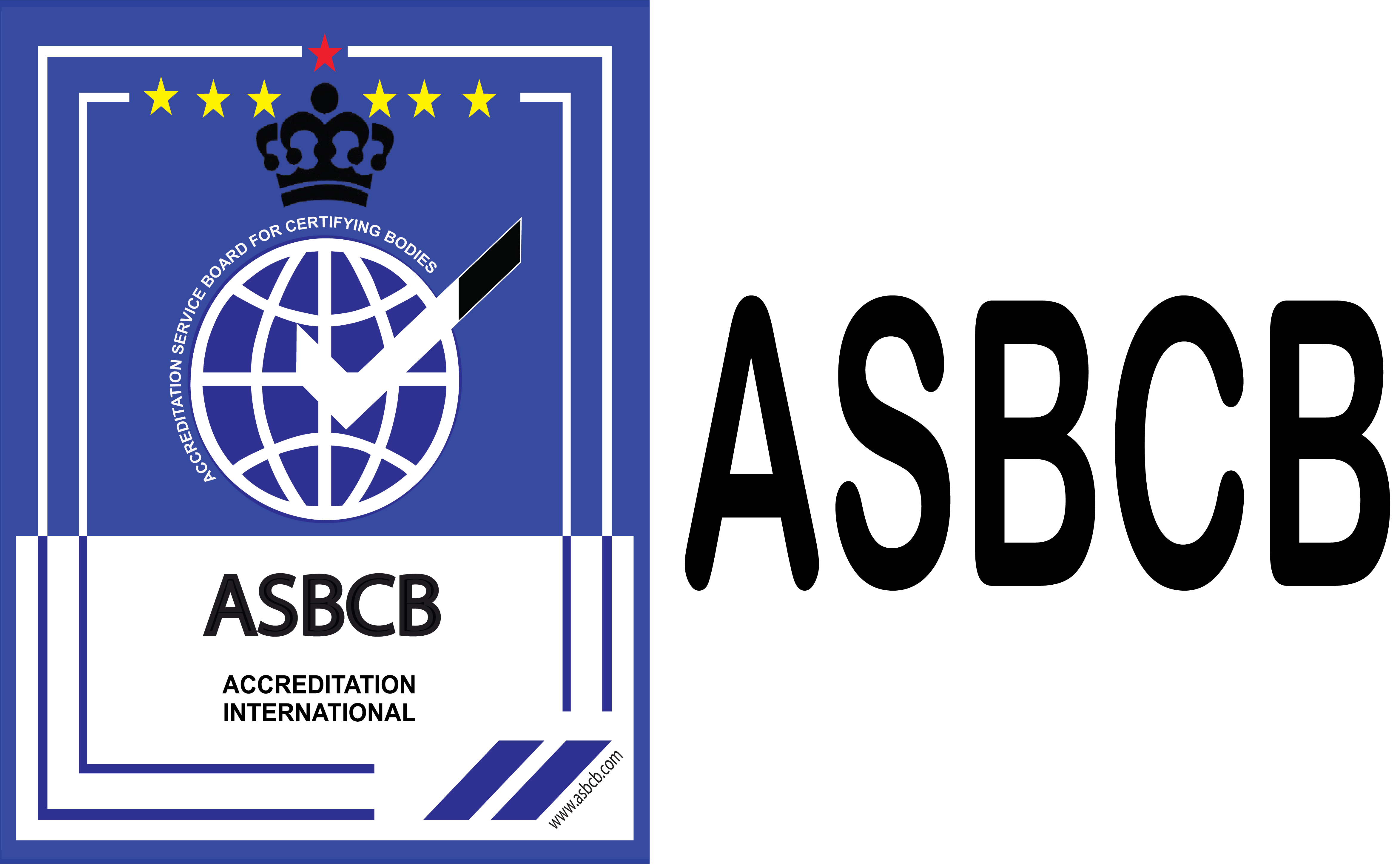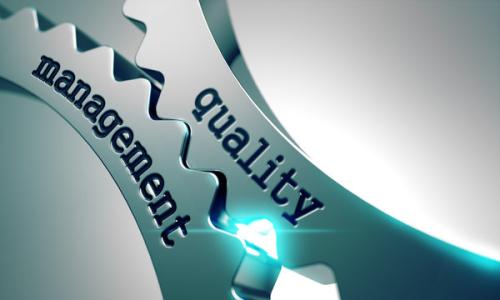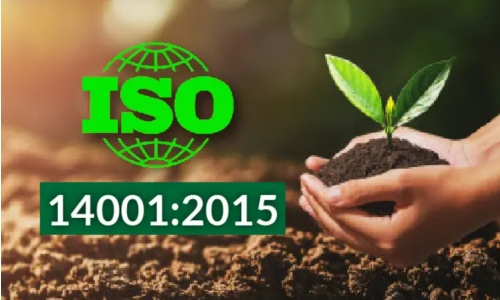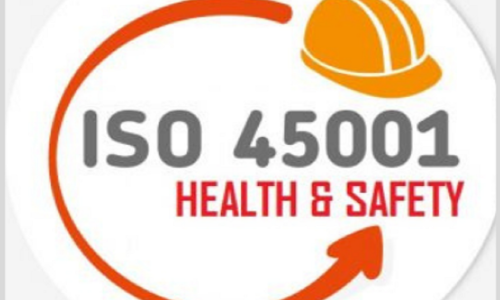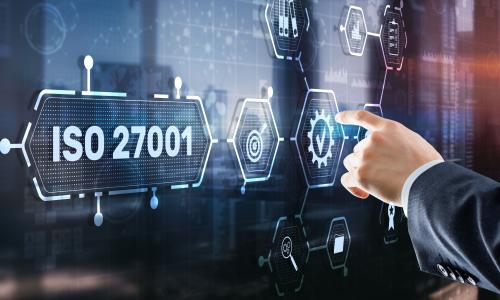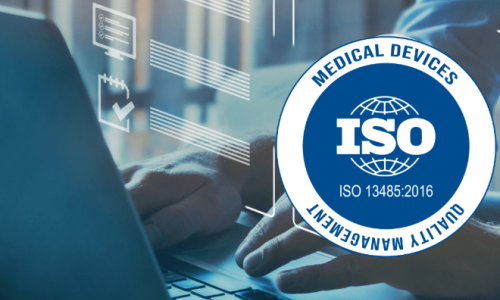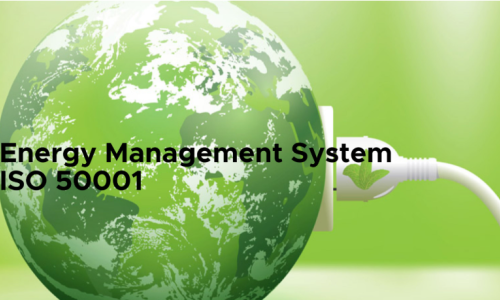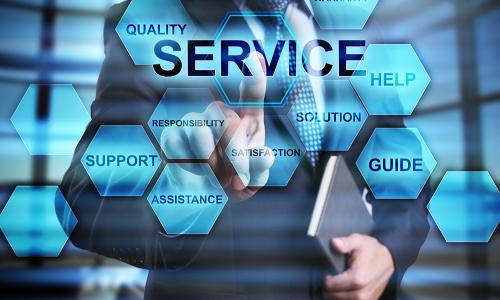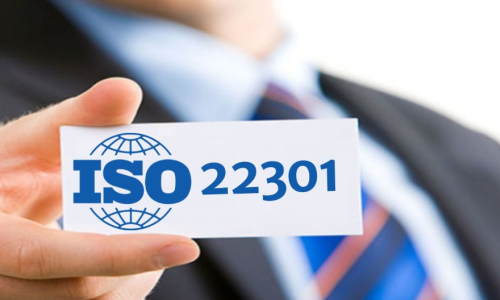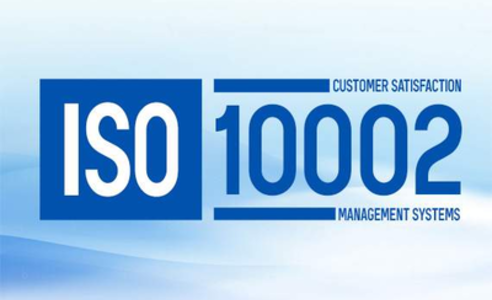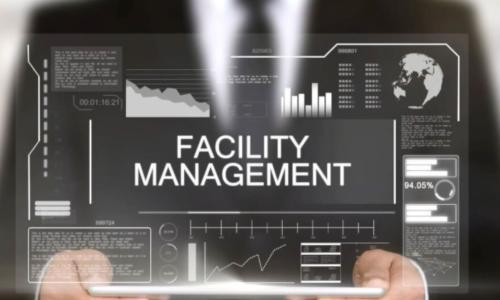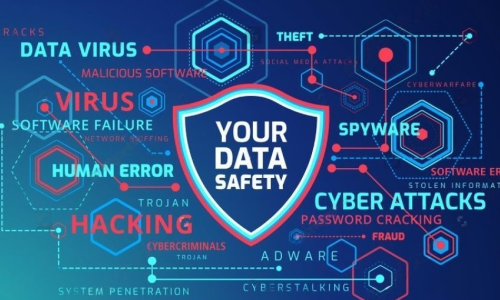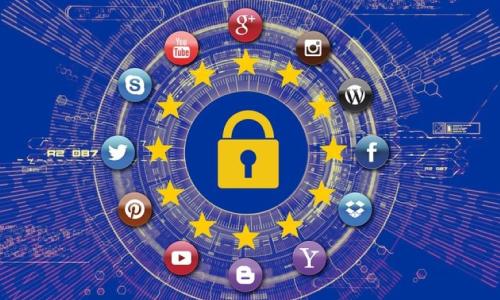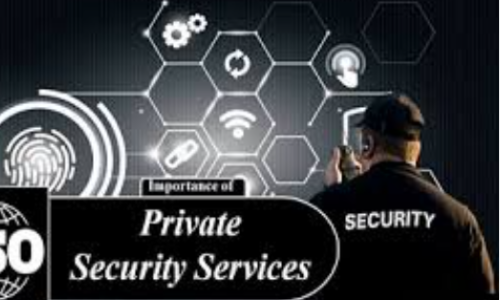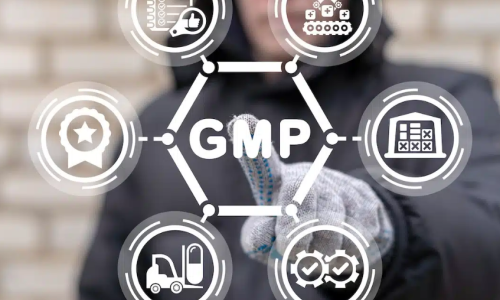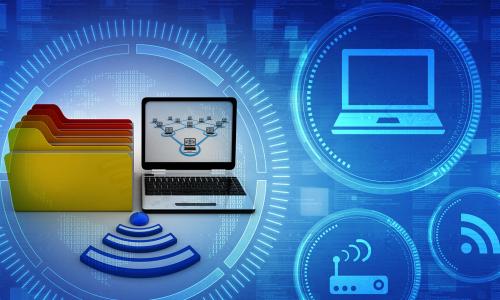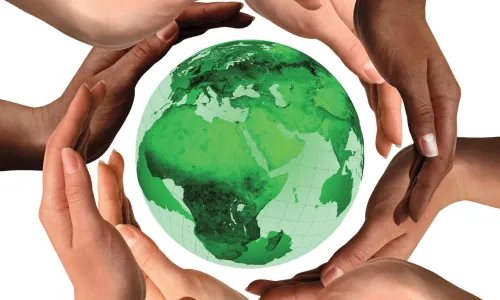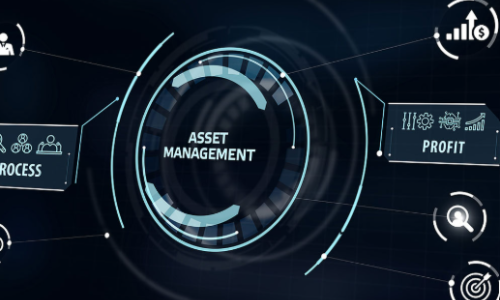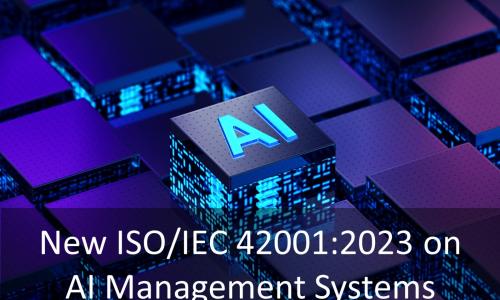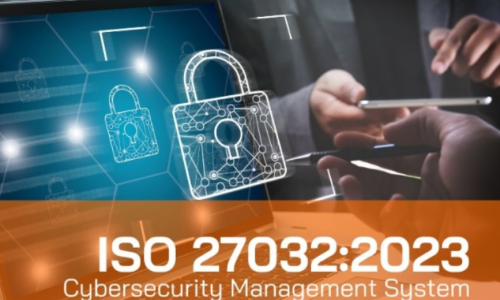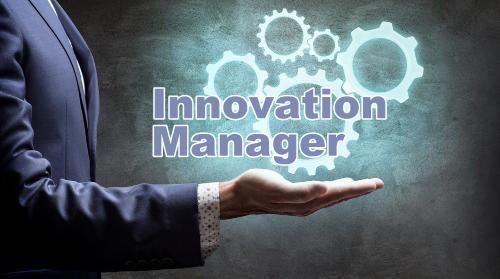About US
Management Systems
ISO 9001 :2015 Quality Management System
ISO 9001:2015 is an international standard that specifies requirements for a Quality Management System (QMS) . It is part of the ISO 9000 family of standards, which focuses on quality management principles and practices. ISO 9001:2015 is applicable to organizations of all sizes and industries, and it provides a framework for ensuring consistent product and service quality while enhancing customer satisfaction.
ISO 14001:2015 - Environmental Management Systems (EMS)
ISO 14001:2015 is an international standard for Environmental Management Systems (EMS). It provides a framework for organizations to manage their environmental responsibilities in a systematic manner that contributes to sustainability.
ISO 45001:2018 - Occupational Health and Safety Management Systems (OHSMS)
ISO 45001:2018 is an international standard for Occupational Health and Safety Management Systems (OHSMS). It aims to help organizations ensure safe and healthy workplaces by preventing work-related injuries, illnesses, and deaths.
ISO/IEC 27001:2022 - Information Security Management Systems (ISMS)
ISO/IEC 27001:2022 is the international standard for Information Security Management Systems (ISMS). It provides a systematic approach to managing sensitive information, ensuring it remains secure — covering people, processes, and IT systems.
ISO 22000:2018 - Food Safety Management Systems (FSMS).
ISO 22000:2018 is the international standard for Food Safety Management Systems (FSMS). It provides a framework for ensuring food is safe for consumption throughout the entire food chain — from farm to fork.
ISO 13485:2016 - Quality Management Systems for Medical Devices (QMS)
ISO 13485:2016 is the international standard for Quality Management Systems (QMS) specific to the medical device industry.
ISO 50001:2018 - Energy Management Systems (EnMS)
ISO 50001:2018 is the international standard for Energy Management Systems (EnMS). It provides a framework for organizations to develop policies for more efficient energy use, set targets, and monitor progress to improve energy performance continually.
SO/IEC 20000-1:2018 - Information Technology for Service Management (ITSM)
ISO/IEC 20000-1:2018 is the international standard for IT Service Management (ITSM). It sets out the requirements for establishing, implementing, maintaining, and continually improving a service management system (SMS).
ISO 22301:2019 - Business Continuity Management Systems (BCMS)
ISO 22301:2019 is the international standard for Business Continuity Management Systems (BCMS). It provides a framework for organizations to prepare for, respond to, and recover from disruptive incidents — ensuring critical operations can continue.
ISO 29001:2020 - Sector - Specific Quality Management Systems
ISO 29001:2020 is the international standard for Quality Management Systems (QMS) specifically for the petroleum, petrochemical, and natural gas industries.
ISO 10002:2018 - Quality Management — Customer Satisfaction
ISO 10002:2018 – Customer Satisfaction — Guidelines for Complaints Handling in Organizations
ISO 10004:2018 - Quality management (Customer satisfaction Guidelines for monitoring and measuring)
Provides guidelines for organizations to monitor, measure, and improve customer satisfaction. It helps businesses understand how satisfied customers are — and where to focus improvement efforts.
ISO 41001:2018 - Facility Management (Management Systems)
Provides a framework for effective facility management (FM) — helping organizations optimize efficiency, enhance quality of life for people, and improve the productivity of the core business.
ISO 44001:2017 - Collaborative Business Relationship Management Systems
Provides a structured approach for organizations to establish, manage, and improve collaborative business relationships. The goal is to drive better value, innovation, efficiency, and mutual benefit between partnering organizations.
ISO 18295:2017 - Customer contact centers
Provides requirements and guidelines to ensure high-quality, consistent customer service through contact centers (including phone, email, chat, and social media).
ISO/IEC 27017:2015 - Information technology (Security techniques Code of practice for information security controls based on ISO/IEC 27002 for cloud services)
Provides guidelines and controls specifically for information security
ISO/IEC 27018:2019- Information technology ( Security techniques Code of practice for protection of personally identifiable information (PII) in public clouds acting as PII processors)
Provides guidelines for protecting personal data
ISO 18788:2015- Management system for private security operations
Provides a framework for establishing, operating, and improving management systems for private security companies (PSCs) conducting security operations — particularly in complex or high-risk environments.
GMP – Good Manufacturing Practices
GMP is a system of guidelines that ensures products (especially pharmaceuticals, food, cosmetics, and medical devices) are consistently produced and controlled according to quality standards. It is designed to minimize risks involved in production that cannot be eliminated through final testing alone.
ISO 22716:2007- Cosmetics Good Manufacturing Practices (cGMP)
Provides guidelines for the production, control, storage, and shipment of cosmetic products — ensuring they are consistently safe, high quality, and in compliance with regulations.
It is the international standard for GMP in the cosmetics industry.
ISO 28000:2007- supply chain security management systems
Establishes a security management system specifically for managing supply chain security risks — including threats like theft, terrorism, piracy, smuggling, and tampering.
ISO 20121:2012- Event sustainability management systems
Provides a management system framework to help organizations make events sustainable — reducing their negative social, economic, and environmental impacts while boosting positive contributions.
ISO 30301:2019 - Information and documentation Management systems for records
Provides requirements for a management system that enables organizations to create, capture, and maintain reliable, authentic, and usable records — supporting business operations, accountability, and compliance over time.
ISO 31000:2018 - Risk management systems
Provides principles, a framework, and a process for managing risk — applicable to any organization, regardless of size, industry, or sector. It helps organizations identify, assess, and treat risks systematically to support better decision-making and achieve objectives.
ISO 39001:2012 - Road traffic safety (RTS) management systems
Provides a framework for organizations to improve road traffic safety (RTS), with the goal of reducing the number of traffic-related injuries and fatalities.
ISO 26000:2010 - Social responsibility management systems
Provides guidance (not requirements) to help organizations operate in a socially responsible way — meaning they act ethically and contribute to sustainable development, including the welfare of society and the environment.
ISO 21001:2018 - Educational organizations management systems
Provides a management system framework specifically for educational organizations to improve their processes and ensure they meet the needs of learners and other beneficiaries.
ISO 55001:2014 - Asset management Management systems
Provides a framework for establishing, implementing, maintaining, and improving an asset management system.
ISO/IEC 42001:2023 – Artificial Intelligence Management Systems (AIMS) — Requirements
It provides requirements for organizations to govern and manage AI systems responsibly, safely, and ethically, ensuring they align with laws, policies, and stakeholder expectations.
HACCP - Hazard Analysis Critical Control Point
HACCP is a systematic, preventive approach to food safety that identifies, evaluates, and controls biological, chemical, and physical hazards throughout the food production process — from raw material sourcing to final consumption.
ISO/IEC 27032:2023 – Cybersecurity Guidelines
Provides guidance on cybersecurity — focusing on protecting cyberspace (i.e., the interaction between people, software, and services on the internet) from cyber threats such as cybercrime, cyberattacks, and data breaches. It helps organizations build a secure, resilient, and trusted digital environment.
ISO 37001:2016 – Anti-Bribery Management Systems (ABMS)
Provides a framework for preventing, detecting, and responding to bribery in organizations. ISO 37001 aims to promote an anti-bribery culture and establish controls that reduce bribery risks in both public and private sectors.
GLP – Good Laboratory Practice
GLP is a quality system that outlines the organizational processes and conditions under which laboratory studies are planned, performed, monitored, recorded, archived, and reported.
GHP – Good Hygiene Practice
GHP is a set of practical measures and guidelines that ensure safe food handling and maintain a clean and sanitary environment across the entire food supply chain. It serves as the foundation for food safety management systems like HACCP and ISO 22000.
BS EN 13549:2001 – Cleaning Services – Basic Requirements and Recommendations for Quality Measuring Systems
BS EN 13549:2001 provides a framework for measuring and assessing the quality of cleaning services in various types of facilities.
ISO 15489-1:2016 – Information and Documentation — Records Management — Part 1: Concepts and Principles
ISO 15489-1:2016 provides a framework for effective records management, ensuring that information is created, captured, and maintained in a way that is accurate, reliable, and accessible.
ISO 56002:2019 – Innovation Management System
ISO 56002:2019 provides a framework for establishing, implementing, maintaining, and continually improving an innovation management system (IMS).

